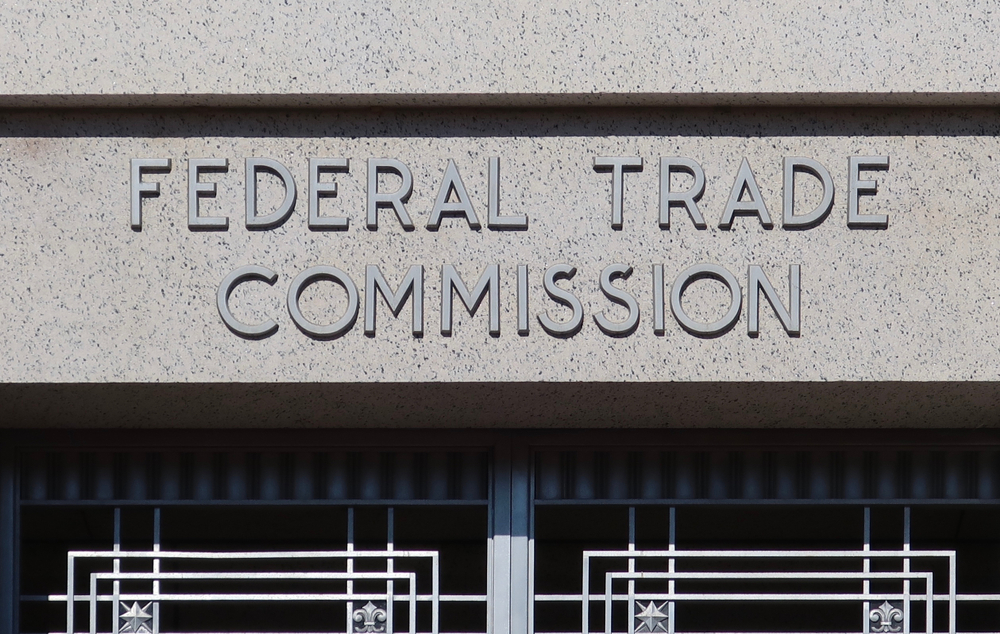
Amgen has received the go-ahead to continue its acquisition of Horizon Therapeutics with a $27.8 billion deal, but the U.S. Federal Trade Commission (FTC) has put forth a settlement that prevents Amgen from using anticompetitive tactics to extend its market dominance.
Featured News
Former FTC Litigator Appointed General Counsel of American Antitrust Institute
Jan 20, 2026 by
CPI
FTC Moves to Appeal Meta Antitrust Ruling Over Instagram and WhatsApp Acquisitions
Jan 20, 2026 by
CPI
Deutsche Boerse Nears €5.3 Billion Deal for Allfunds
Jan 20, 2026 by
CPI
Irish Appliance Maker Probed Over Alleged Price-Fixing Practices
Jan 20, 2026 by
CPI
UK Regulator Accuses Meta of Allowing Illegal Gambling Ads
Jan 20, 2026 by
CPI
Antitrust Mix by CPI
Antitrust Chronicle® – CRESSE Insights
Dec 16, 2025 by
CPI
Learning from Divergence: The Role of Cross-Country Comparisons in the Evaluation of the DMA
Dec 16, 2025 by
Federico Bruni
New Regulatory Tools for the EU Foreign Direct Investment Screening and Foreign Subsidies Regulation
Dec 16, 2025 by
Ioannis Kokkoris
“Suite Dreams”: Market Definition and Complementarity in the Digital Age
Dec 16, 2025 by
Romain Bizet & Matteo Foschi
The Interaction Between Competition Policy and Consumer Protection: Institutional Design, Behavioral Insights, and Emerging Challenges in Digital Markets
Dec 16, 2025 by
Alessandra Tonazzi